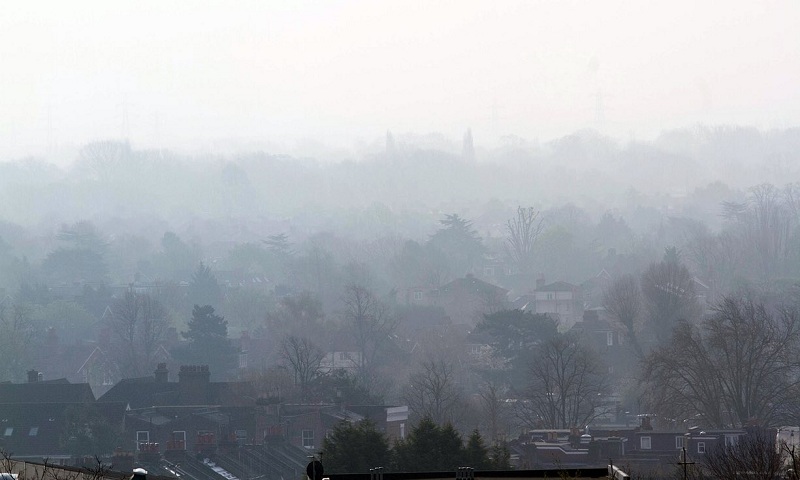Government accused of ‘running scared’ of diesel drivers in delay of clean air plan

Politicians and environmental groups say ministers have failed to tackle air pollution crisis and are hiding behind election purdah rules. The government has been accused of “running scared” of diesel drivers and attempting to bully judges over its last-minute bid to delay the publication of its clean air plan. Politicians and environmental groups said ministers were “hiding behind the election” to justify delaying publication of the government’s long awaited proposals instead of tackling the UK’s air pollution crisis. Health experts warned the lack of government action had potentially put thousands of lives at risk. The mayor of London, Sadiq Khan, said: “It is frankly outrageous that the government thinks it can continue to bury its head in the sand about the serious health impacts of air quality in London and across the country. The prime minister has once again missed this golden opportunity to show real leadership in tackling and improving the air we breathe, which should have been done well before the pre-election period.” The government had been under a court direction to produce tougher draft measures to tackle illegal levels of nitrogen dioxide pollution, which is largely caused by diesel traffic, by 4pm on Monday. The original plans had been dismissed by judges as so poor as to be unlawful. But after the announcement by Theresa May of a general election on 8 June, ministers lodged a lengthy application to the court late on Friday. It asked judges to allow them to breach the Monday deadline to “comply with pre-election propriety rules”. Andrea Leadsom, the environment secretary, was summoned to parliament on Monday to answer urgent questions. Cabinet Office guidance says that purdah rules can be lifted in exceptional circumstances, including for consultations on safeguarding public health. During the debate, Leadsom was asked if she considered toxic air to be an “emergency” – as it was blamed for up to 40,000 early deaths every year. In reply she acknowledged only that it was a “very significant and urgent concern”, refusing to use the word “emergency”.

